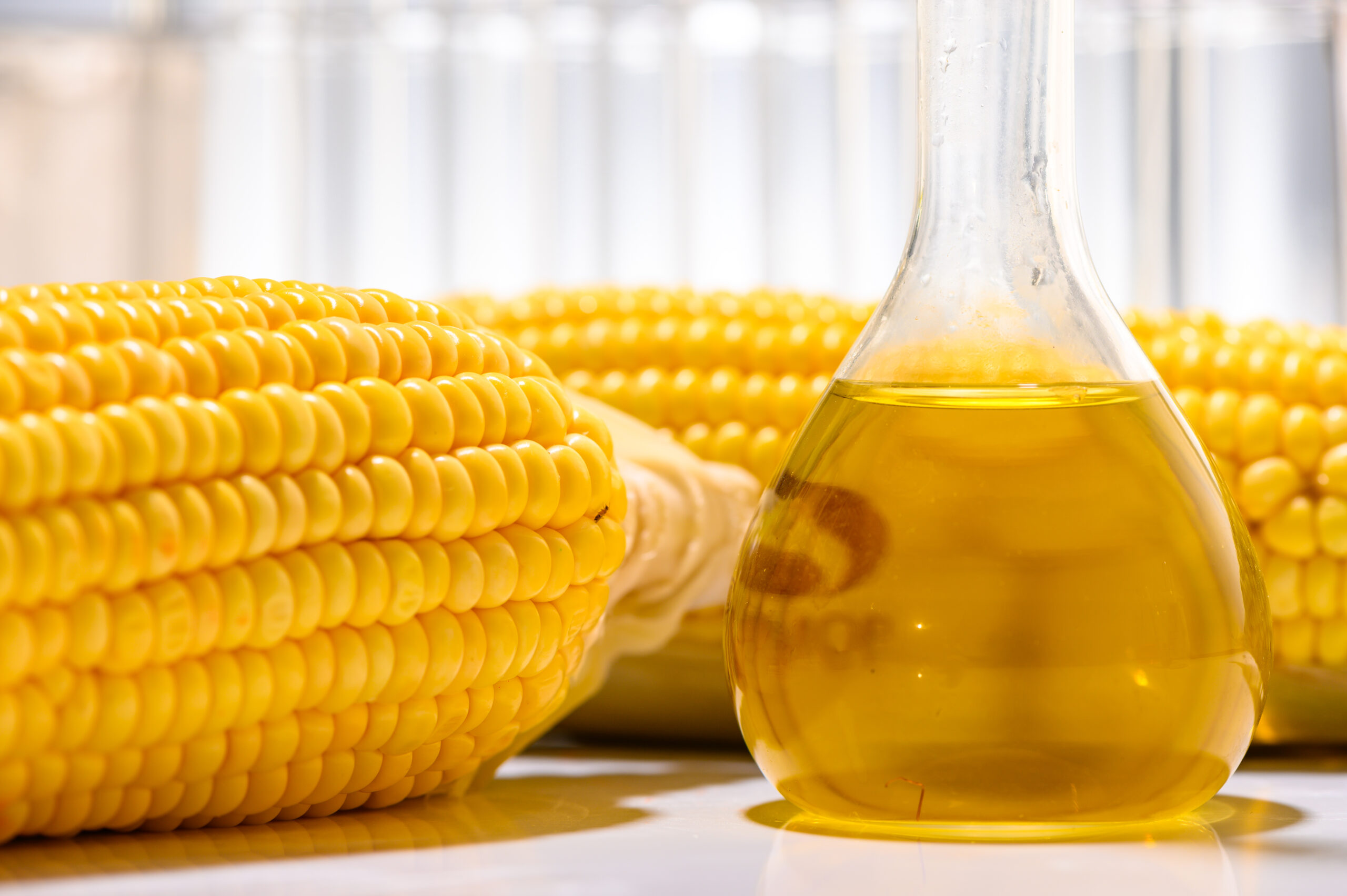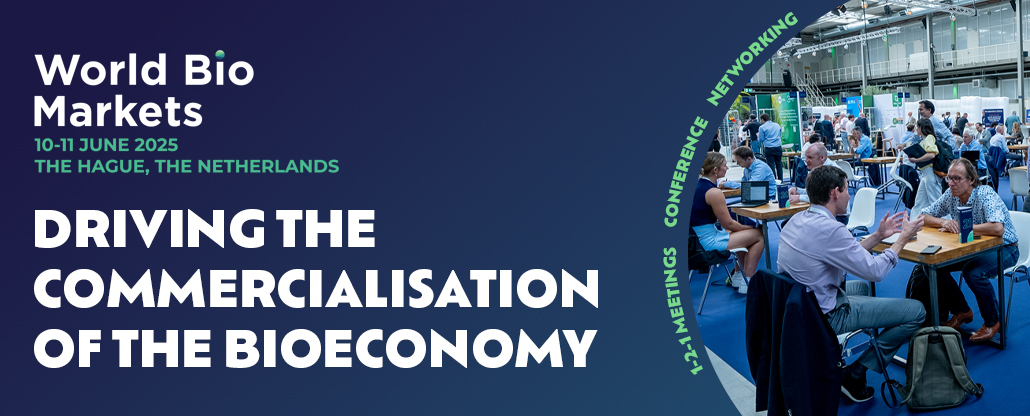Biofuels. They’re the cornerstone of so much of the environmental legislation of today, anticipated to provide pivotal savings in carbon emissions without endangering our natural resources. Yet they’re not a perfect art, with concerns raised over their encroachment on food crops and their potential contribution to deforestation as a result. Finding a means of developing this fuel alternative in a viable way is a necessity – and one that is growing as global economies look to include a greater portion of it in their fuel mixes.
Last week, the dream of achieving this goal became closer to a reality. Australian biotech MicroBioGen made industry history in using a single biological agent to produce both high protein food and low carbon biofuel from the same source, in a success that comes after 15 years of research and development. The team at the firm’s Sydney labs have been working to genetically engineer a common strain of yeast – Saccharomyces cerevisiae – in a breakthrough that the team says could be a ‘game changer’ for the biofuel industry.
A new life for biofuel
In a press release, MicroBioGen CEO Geoff Bell said the team’s novel yeast agent dramatically improves biofuel viability and commercialisation.
“For the first time ever, a single yeast strain – optimised using our proprietary technology – can produce both clean fuel and food from non-food biomass” he said.
The firm’s modified yeast agent works on two levels; converting the typically hard-to-catalyse sugar from biomass into biofuel, as well as turning the waste by-product into a high-protein food source.
“The unique properties of our yeast allow it to convert the biomass sugars to biofuels more efficiently, where other yeasts struggle. Crucially, our optimised yeast can then grow on its own waste stream, converting this waste to a high-value protein suitable as an animal feed,” Mr Bell said in the statement.
The project – which launched in 2017 – was developed alongside Danish biotech company Novozymes, and was partially funded by the Australian Federal Government under its new push to identify and support innovative projects that could help the country reach its net-zero carbon targets. The initiative ARENA (Australian Renewable Energy Agency) channelled $4m towards the project.
In the same press release, ARENA CEO Darren Miller said: “ARENA is delighted to have supported MicroBioGen’s project. The research represents high-quality Australian innovation and a step forward in the commercial viability of 2G biofuel. MicroBioGen’s work opens up new possibilities for biofuels as a sustainable energy source and, potentially, significant new export markets for Australia.”
A life-cycle assessment (LCA) of the research found that MicroBioGen’s yeast strain, when compared with typical versions currently in circulation, reduced carbon emissions by 29%, and water use by 75%. In addition, it found that food created from bagasse in the process was the equivalent of 2.4 times the food of crops grown elsewhere.
“Our process is shown to be less costly, use less energy and produce fewer emissions than other comparable 2G biofuel processes. The food produced also uses significantly less land than equivalent production elsewhere, and by capturing CO2 generated during the process, we take carbon out of the atmosphere. It’s a virtuous cycle – the more biofuel we create, the more food we produce and the more carbon we remove. We’re replacing fossil fuels and adding to food security,” he adds.
The novel tech therefore provides a solution to several challenges currently facing biofuel uptake – offering a cost effective alternative that does not jeopardise global food production.
The problem with biofuel
Biofuels can be categorised in two forms; first and second generation (1G or 2G), with the former coming from processing corn or sugarcane, while 2G uses agricultural waste products such as crop residue or waste sugarcane pulp (bagasse). Both come with their own unique set of problems.
First generation fuels step on the toes of food production, taking a material that would otherwise be used as feed. This causes a problem given the rising population and increased pressure on food security and land use. As we shift towards a larger population, finding land for food crops is already an issue – and one that will be further enhanced as society’s demand for biofuels increases. In addition, the conversion of natural lands such as rainforests and peatlands to produce food crop-based biofuels has long been identified as problematic, causing what has been dubbed a ‘biofuel carbon debt’ – producing more emissions in the first 50 years to clear land and establish crops that the biofuels can save.
By comparison, 2G biofuels rely on waste products – providing an environmentally efficient and abundant source for the fuel. However, the residue and waste crops are often difficult to break down using conventional yeast or other enzymes – making commercialisation of this method tricky given its labour- and economic- intensive nature. This is where MicroBioGen comes in – with the new technology offering a novel means of harnessing the potential of 2G fuels in a way that adds to, rather than detracts from, food security.
Developing 2G biofuels is also important given the recent exclusion of 1G ethanol from the EU’s ‘Fit for 55’ legislation seeking to reduce emissions. Within the new measures, 1G biofuels are not counted in the push to increase the use of Sustainable Aviation Fuels (SAFs) due to its ‘limited environmental benefits’, in a significant blow to the crop-based biofuels sector, which has been striving for feedstock such as soy and rapeseed being included in the definition of SAF’s.
“For sustainability reasons, first generation biofuels such as feed and food crop-based biofuels, which have limited scalability potential and raise sustainability concerns, should not be supported,” states the ReFuelEU Aviation proposal.
This limitation on 1G biofuels could massively hobble progression of the biofuels industry, and realising 2G’s potential could be the key to ensuring biofuels have a seat at the table as the world ramps up to a low carbon future. With technological progress seen in projects such as MicroBioGen’s, there may well be a chance to advance biofuels while protecting food crops at the same time.






